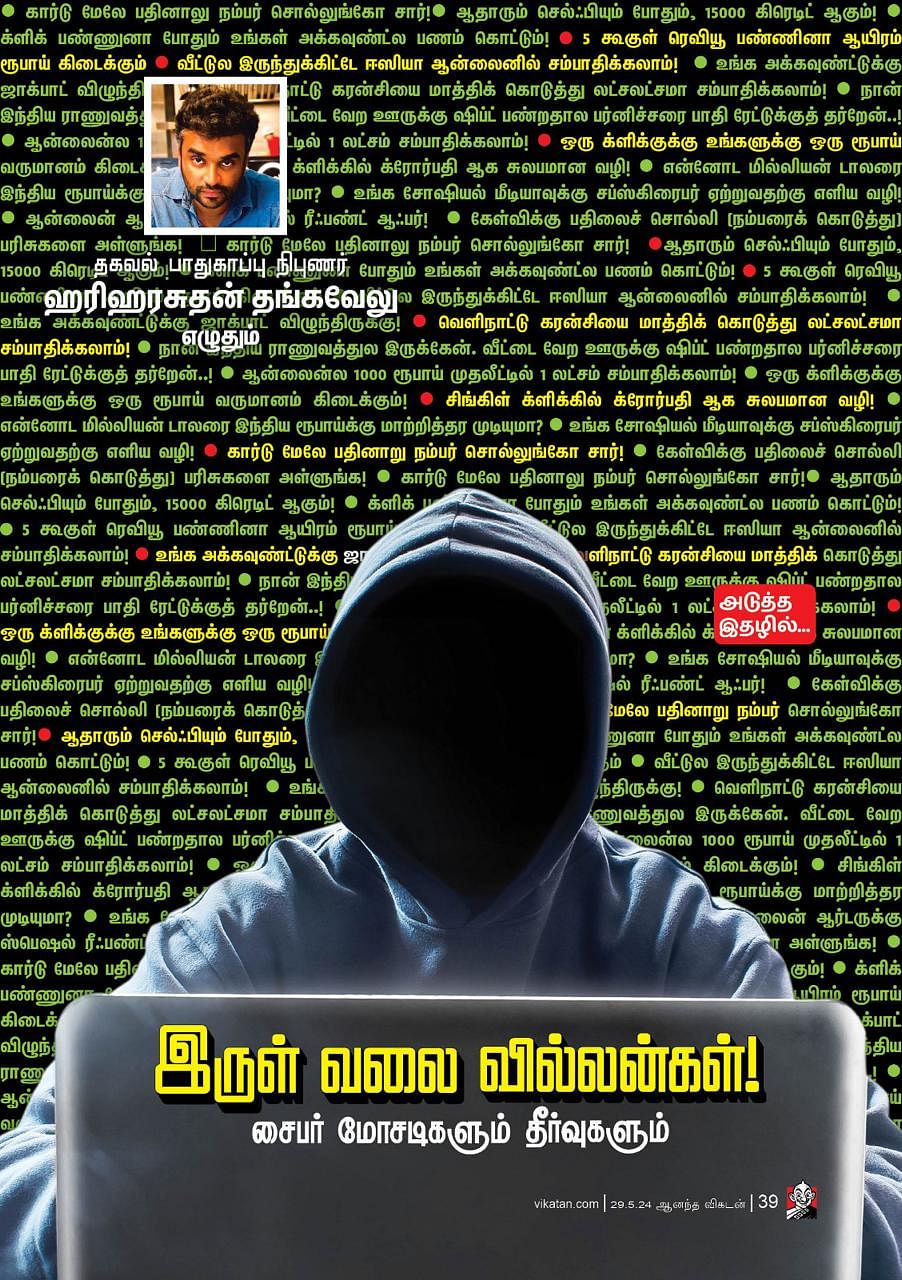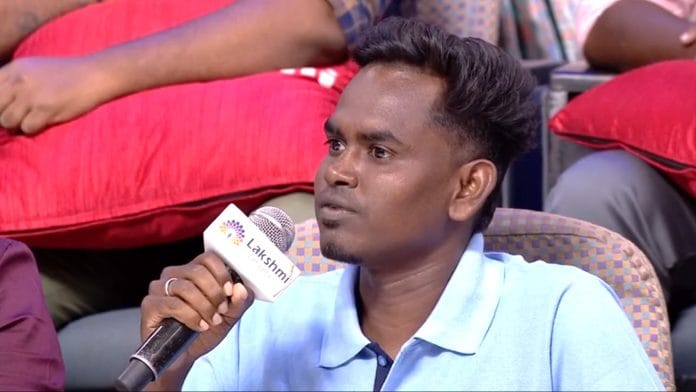Thank you dear subscribers, we are overwhelmed with your response.
Your Turn is a unique section from ThePrint featuring points of view from its subscribers. If you are a subscriber, have a point of view, please send it to us. If not, do subscribe here: https://theprint.in/subscribe/
Chennai, a city known for its bustling IT sector and cultural heritage, has an unsavoury secret hidden beneath its vibrant facade. Thousands of its residents, lured by promises of high-paying jobs and comfortable accommodations, are being trafficked to Southeast Asia, specifically Cambodia, where they are forced into a life of digital servitude.
Sound familiar? It’s reminiscent of the historical fiction novel ‘Red Tea’ by Paul Harris Daniel, which depicted the plight of indentured labourers in tea plantations. The novel was adapted into the critically acclaimed Tamil film ‘Paradesi’ (2013), highlighting the brutal exploitation faced by Indians under colonial rule.
In recent days, so many people from all over India are transported from Thailand to Cambodia under the pretence of “well-paying tech jobs” and end up trapped in hidden compounds, working around the clock to execute online scams. These unfortunate souls, often well-educated young people, are victims of what has come to be known as ‘Cyber slavery’.

“I can’t. I don’t want to do this”. They might plead. But escape is not an option. Once a person realizes they have been tricked and tries to leave, they’re hit with a ‘fee’ for freedom, upwards of $10,000. Unable to pay, they’re forced to work for years, sometimes up to 18-hour shifts under inhumane conditions to meet unrealistic targets, churning out fake social media profiles, fake friendships, and romantic lures that reel in victims for further scams. They are subjected to constant surveillance, with their every move monitored by their captors. Any deviation from the script can result in physical and psychological abuse.
An elaborate strategy drives these operations. Victims of cyber slavery spend weeks, sometimes months, creating rapport with online targets, building trust and gradually urging them to part with significant sums of money under the illusion of friendship or romance. This scam, known as ‘pig butchering’. It is a methodical process where the goal is to ‘fatten’ the target with trust before executing the scam. Each “cyber slave” crafts believable stories, builds long-term relationships, and eventually manipulates victims into wiring substantial amounts of money.
Once the victims are drained financially, they simply move on to the next target, creating new identities and profiles. There’s no room for conscience in these dark cyber syndicates where only one thing matters, ‘The relentless pursuit of profit’.
According to a recent report by India’s Cyber Crime Coordination Centre, Indian citizens lost over ₹1,750 crores ($200 million USD) in the first quarter of 2024 to online scams, with at least ₹500 crores siphoned off by cyber-slavery compounds in Cambodia. This data paints a chilling picture, revealing why lacks of people are trafficked and held captive in these ‘cyber prisons’.

The mental toll on cyber slaves is severe. Deprived of food, sleep, and freedom, they are forced into this psychological game of manipulation. If anyone attempts to resist or speak up, threats, violence, or even starvation are used to break them down.
The Cambodian government aware of this activity, shockingly offers little intervention. Instead, the regime reportedly provides tacit support, prioritizing the cash flow from these scams over ethical concerns. The digital kingdom has become the modern ‘goldmine’, with Southeast Asia emerging as the epicentre for online exploitation.
As technology advances, scams evolve. Once, simply providing your bank card details sufficed to lose your money. Now, these criminals craft highly sophisticated scenarios with multilayered traps. Constant education and awareness are critical in preventing these crimes, especially for older generations who may be less adept with technology and are often easy targets.
Hariharasudhan Thangavelu’s series, ‘Irulvalai villangal’ (Dark Web Villains), published in ‘Anand Vikatan’, has brought the issue of cybercrime and digital slavery to the forefront. His in-depth reporting on the Cambodian cybercrime syndicates and their Indian victims has shed light on the dark underbelly of the digital world.
The popular Tamil TV show, Neeya Nana, further amplified the message by dedicating an entire episode to the issue of cybercrime, particularly focusing on the “pig butchering” scam. The show featured a survivor who shared his harrowing experience, underscoring the human cost of these crimes.
The Indian government has taken some steps to address this issue, including issuing travel advisories and working with Cambodian authorities to rescue victims. However, the scale of the problem is vast, and the challenges are immense. The cybercrime syndicates are highly organized and sophisticated, often operating across borders and exploiting legal loopholes.
As technology continues to evolve, so too do the methods employed by cybercriminals. The digital age has opened new opportunities, but it has also created new vulnerabilities. By understanding the risks and taking proactive measures, we can protect ourselves and our loved ones from falling victim to this insidious form of exploitation.
These pieces are being published as they have been received – they have not been edited/fact-checked by ThePrint.


